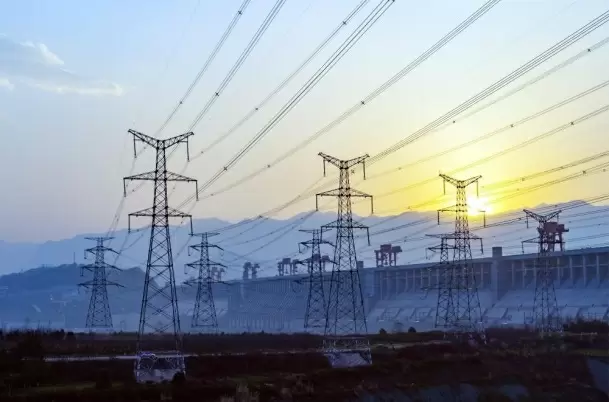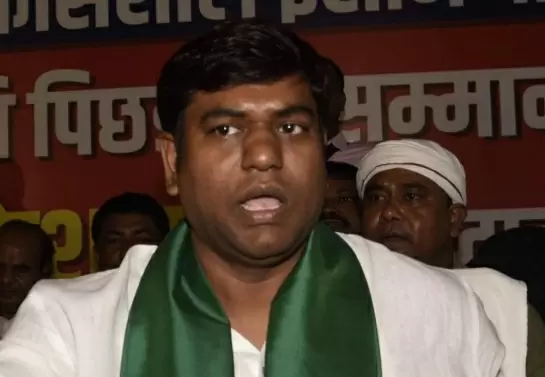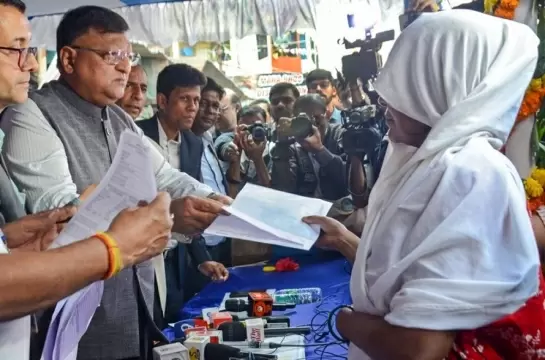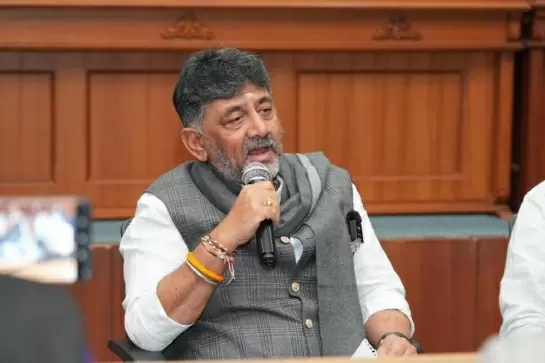Discoms in India need to improve power quality: Survey
New Delhi
29-October-2020

Photo: IANS
Power distribution companies in India have to improve the power quality in the country, shows a survey.
A joint study by Smart Power India (SPI), NITI Aayog and the Rockefeller Foundation, showed that only 55 per cent customers were satisfied with the quality of their electricity supply.
The report said that power quality was reported as the number of voltage fluctuations. Overall, 63 per cent of customers reported more than one voltage fluctuation in a week, and 10 per cent reported more than 10 voltage fluctuations per day in the past one week.
Appliance damages in the past one year played an important role for the customers to decide upon the quality of supply of power, it said.
It further showed that overall, a total of 63 per cent of the surveyed customers are satisfied with the service provided to them.
Among the dissatisfied customers, 31 per cent reported an average power cut duration of no more than 1 hour per day, and 15 per cent reported no power cuts.
As expected, urban (74 per cent) customers are comparatively more satisfied with the reliability of power as compared to their rural (60 per cent) counterparts.
Watch This TWL Video
The study, "Electricity access and benchmarking of distribution utilities", was conducted across 10 states with a sample size of over 25,000 respondents consisting of different consumer categories such as households , agriculture, commercial enterprises and institutions both from rural and urban areas.
Commenting on the Access Study launch, Jaideep Mukherji, CEO, Smart Power India said: "India in recent years has emerged as one of the leaders in providing access to electricity to its citizens, almost doubling the access rate in the past 20 years from 59.4 per cent to extending grid connections to 100 per cent households in the country."
"This has been made possible through a multitude of efforts, including enhancing power generation to reduce supply deficits, strengthening the backbone of the electricity supply infrastructure, and ensuring last-mile connectivity for different customer segments," he said.
Mukherji, however, noted that despite achieving 100 per cent household electrification, access to reliable and affordable electricity supply continues to remain a major challenge even today.
"It is now time to focus on sustainability of electricity access and craft an action plan to resolve the barriers." - IANS
More Headlines
Opposition Moves to Impeach Justice G R Swaminathan; Kanimozhi Cites Loss of Public Trust
Akhilesh Yadav Slams Centre, Yogi Govt Over Pollution And SIR Drive
PM, HM Set Out To Become Historians But Became ‘Distorians’: Jairam Ramesh
Under-16s Blocked From Social Media In Australia As Ban Comes Into Force
Armed Man Arrested At Vijay’s Puducherry Rally Venue, Security Tightened
Opposition Moves to Impeach Justice G R Swaminathan; Kanimozhi Cites Loss of Public Trust
Akhilesh Yadav Slams Centre, Yogi Govt Over Pollution And SIR Drive
PM, HM Set Out To Become Historians But Became ‘Distorians’: Jairam Ramesh
Under-16s Blocked From Social Media In Australia As Ban Comes Into Force
Armed Man Arrested At Vijay’s Puducherry Rally Venue, Security Tightened









